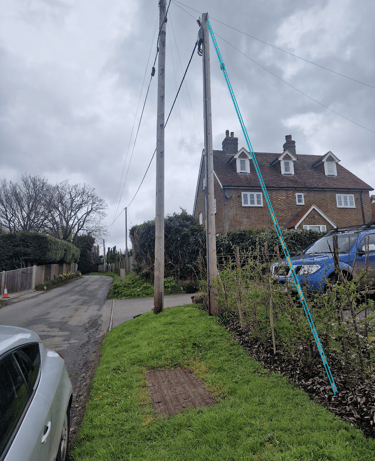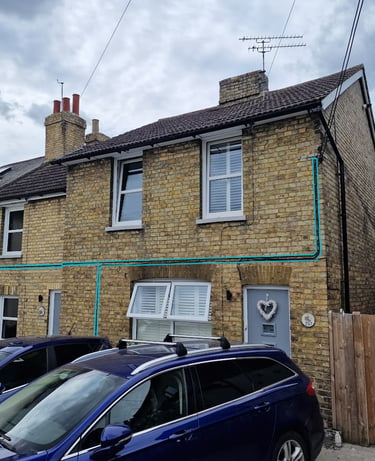Frequently Asked Questions
FAQ Summary
What is a wayleave?
A contract allowing electrical companies to keep equipment on yourland in exchange for payment – it does not go on your land registry or follow with the land..
Who can claim?
Freehold or leasehold owners without permanent rights granted to the company.
Is it free?
Yes — no fees or commissions for homeowners.
How long does it take?
Usually 3 to 6 months.
What types of claims can be made?
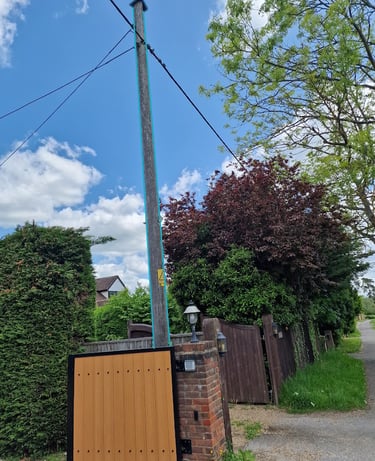

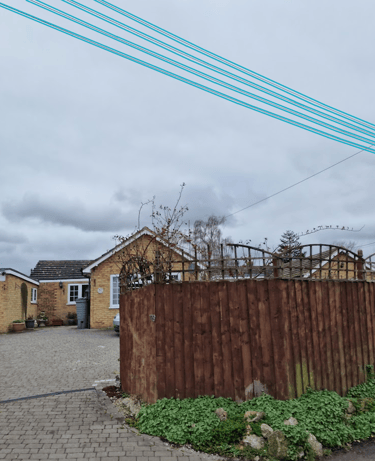

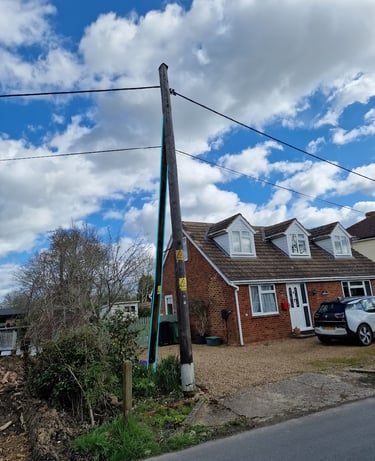

Oversail
